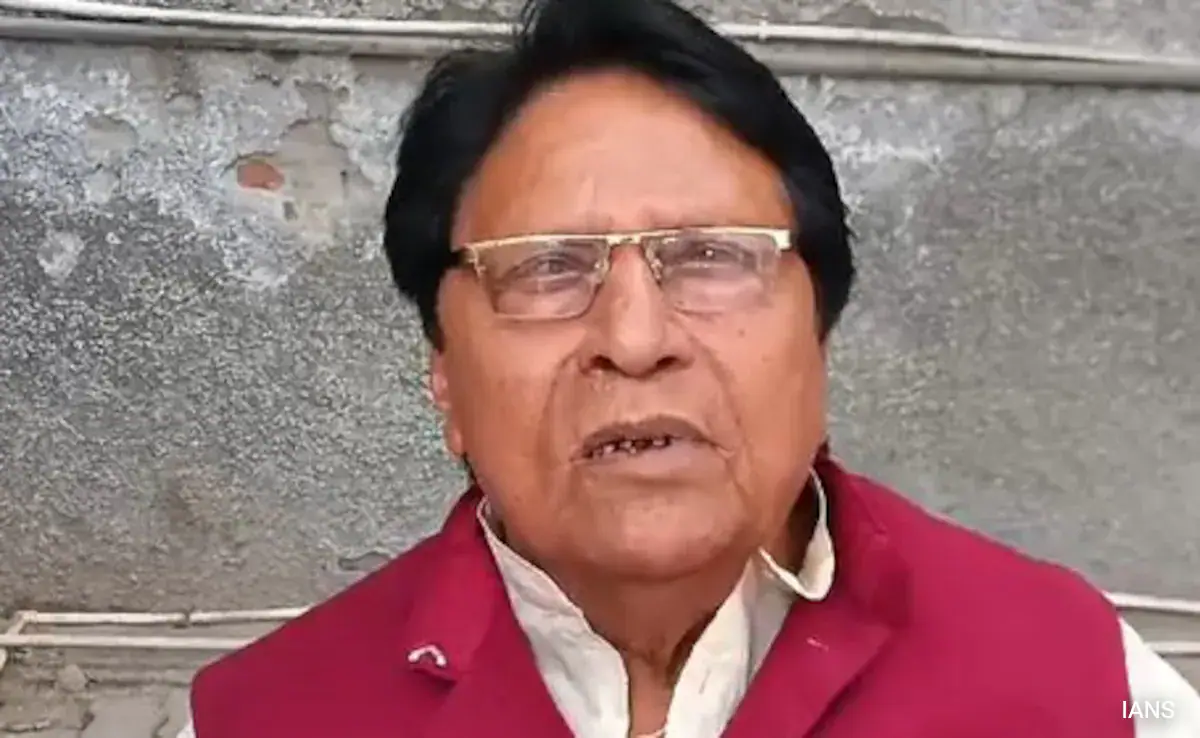The Ramji Lal Suman Controversy: A Political Dilemma for the Samajwadi Party
The Ramji Lal Suman controversy erupted when the Samajwadi Party (SP) MP labeled the Rajput ruler Rana Sanga a traitor. This remark ignited significant backlash and placed the SP in a precarious position. The party now faces a challenge in maintaining its support from various communities, especially the Rajputs, who constitute a crucial voting bloc in western Uttar Pradesh.
Balancing Act: Dalit Leader vs. Rajput Voters
Suman’s comments have triggered a dilemma for the SP. On one side, Suman represents the Dalit community, a key demographic for the party as it strives to broaden its base beyond just Muslim and Yadav voters. On the other hand, Rajputs are vital for electoral success in the region. The SP is wary of alienating this group, especially after their dissatisfaction with the BJP contributed to losses in the last Lok Sabha elections.
The situation escalated on Wednesday when Karni Sena workers stormed Suman’s residence in Agra to protest his remarks. In response, SP president Akhilesh Yadav defended Suman, asserting that the Dalit leader faced hostility due to his caste. Yadav emphasized that the SP does not question Rana Sanga’s bravery and patriotism, attempting to soothe tensions with the Rajput community.
Historical Context and Political Implications
During a discussion on Sunday, Yadav remarked, “Everyone is flipping through the pages of history. What are they debating?” This statement reflects the ongoing political discourse surrounding historical interpretations. He defended Suman, arguing that referencing historical facts should not incite outrage.
Yadav’s conciliatory approach continued on Wednesday. He stated, “Our aim is not to insult the Rajput community or any other community. Events from history cannot be interpreted with a present-day lens.” This statement highlights the SP’s strategy of emphasizing unity among different communities while accusing the BJP of exploiting historical narratives for political gain.
The Aftermath of the Attack on Suman
The situation intensified with the Agra Police registering an FIR against an unidentified crowd for rioting and other charges. SP leader Ramgopal Yadav visited Suman’s home and claimed the attack was premeditated, suggesting that local authorities failed to act despite being aware of the impending violence.
“The chief minister was present at an event nearby, but the administration failed to act,” Ramgopal Yadav criticized, highlighting the perceived complicity of the state government. He declared that the SP would protest against what he termed a “direct assault” on Dalits and other marginalized communities.
Looking Ahead: Election Strategies and Community Dynamics
The Ramji Lal Suman controversy is not just an isolated incident; it reflects larger electoral strategies. The SP aims to solidify its support among Dalits, OBCs, and minorities in preparation for the upcoming 2024 Lok Sabha elections. This strategy has already shown promise, enabling the SP to secure 37 of Uttar Pradesh’s 80 parliamentary seats in the last elections, significantly challenging the BJP’s dominance.
Given the Rajput community’s influence, the SP must navigate this controversy carefully. Their support is crucial for the Assembly elections in 2027. Akhilesh Yadav’s recent comments indicate an understanding of this delicate balance, as he seeks to unite various factions within the electorate.
For more detailed coverage, readers can visit The Hans Bharat. Additionally, for background information on the political landscape, refer to the Samajwadi Party.

